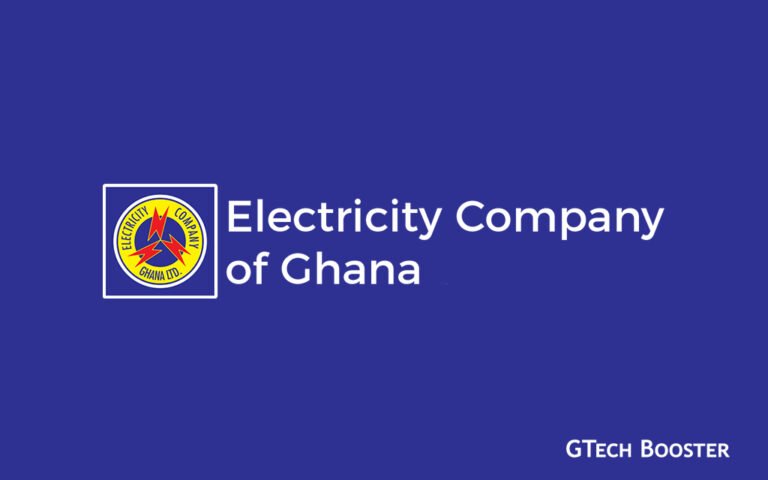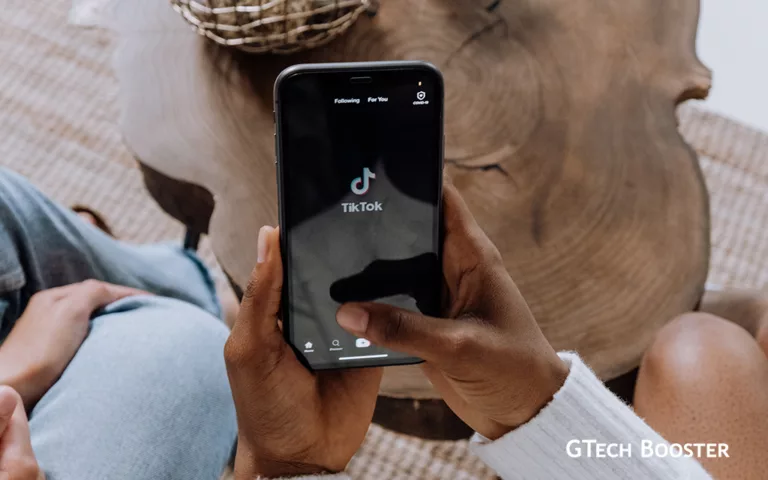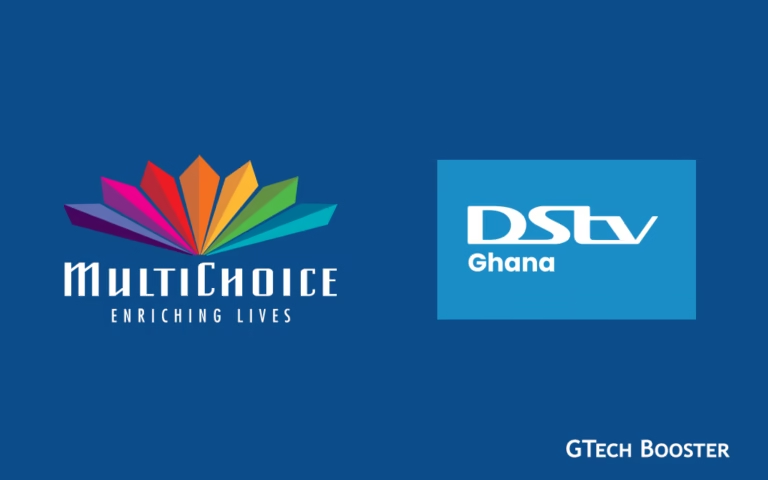Ghana: Cyber-Security Policy
The policy also talks about issues within the Cyber-Crime law enforcement area which currently is difficult for the law enforcement to implement because of the lack of capacity and necessary tools.

The policy also talks about issues within the Cyber-Crime law enforcement area which currently is difficult for the law enforcement to implement because of the lack of capacity and necessary tools . . .















